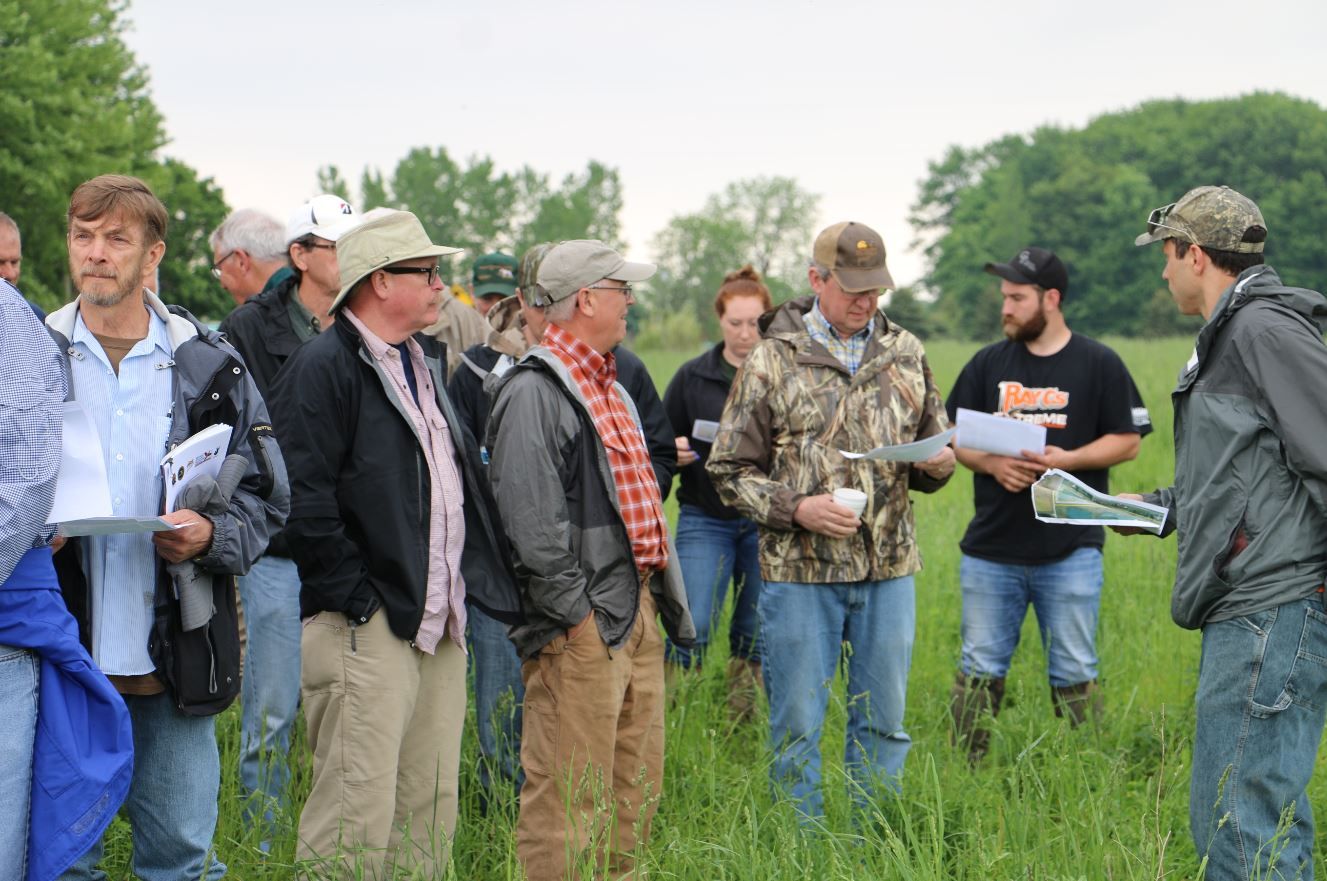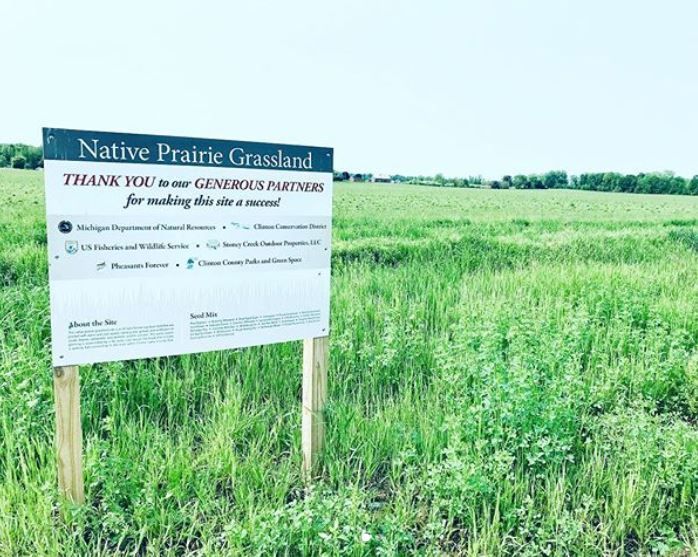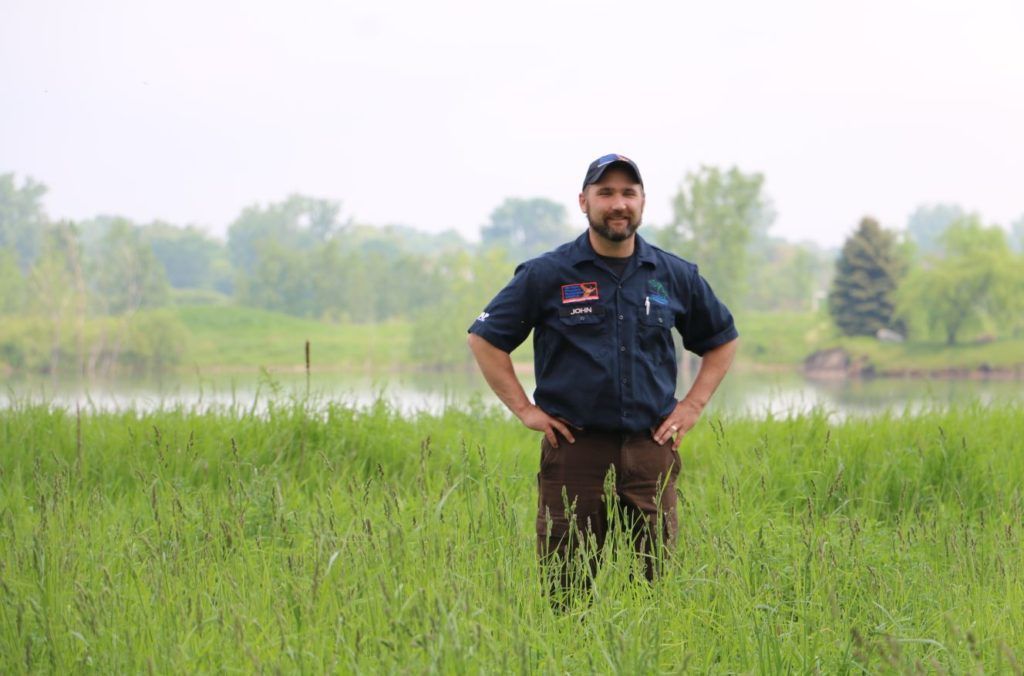2019 Pheasant Rendezvous Recap

Pheasant Rendezvous attendees arrive at the field site. Photo by Nick Green, MUCC.
On June 1, 36 people gathered at Clinton Lakes County Park for the most all-inclusive look into grassland habitat projects, programs, professionals and statewide goals that include private landowners that is available. The Pheasant Rendezvous was opened to the public for the first time in its history and was much anticipated by registrants. The only attendance requirement was that participants must have 5 or more acres that could be managed for wildlife. This stipulation was set due to the event topics geared toward larger-scale conservation practices and grassland management.
 The property had been burned just a few weeks prior to the event and showcased the importance of active management techniques. Partner staff had four stations set up across the field where they discussed different requirements for an ideal wildlife grassland stand and what the burn did for the field. This session allowed for Farm Bill Biologists to answer more specific questions one-on-one – similar to what a real site visit would be like on potential project properties.
The property had been burned just a few weeks prior to the event and showcased the importance of active management techniques. Partner staff had four stations set up across the field where they discussed different requirements for an ideal wildlife grassland stand and what the burn did for the field. This session allowed for Farm Bill Biologists to answer more specific questions one-on-one – similar to what a real site visit would be like on potential project properties.Overall, the Pheasant Rendevous was a huge success and we are grateful for the new relationships that were formed. It is our hope that the information provided motivated landowners to take action and contribute to grassland conservation and wildlife populations. If you attended, thank you. If you contributed to this day with your professional expertise, thank you. We are all better for spending a day furthering our knowledge of Michigan’s natural resources.

Farm Bill Biologist, John Bauer, awaits a group during the in-field portion of the Pheasant Rendezvous. Photo by Nick, Green, MUCC.
The post 2019 Pheasant Rendezvous Recap appeared first on Michigan United Conservation Clubs.
Recent Posts



